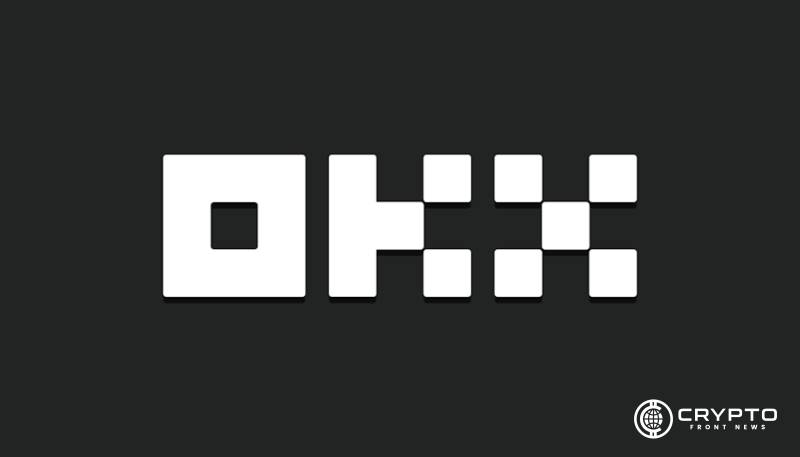- OKX resumes DEX services with real-time tools to detect and block suspicious on-chain activity tied to hacks and laundering.
- New system reacts within seconds, blacklisting addresses and enforcing IP bans while integrating global AML support.
- Compliance failures across Europe and the U.S. triggered penalties, forcing OKX to overhaul risk systems and rebuild regulatory trust.
OKX has officially resumed its decentralized exchange aggregator after halting operations in March 2025. The platform now features a real-time abuse detection system built to monitor on-chain activity and prevent illicit transactions. The upgrade comes in response to growing scrutiny following a $100 million laundering case tied to the North Korean Lazarus Group.
OKX’s updated DEX includes automated monitoring tools that can identify and block suspicious wallet addresses. The new system integrates blacklist checks, IP bans, and anti-money laundering (AML) screening tools. Activity linked to known hacking groups will be automatically stopped in real time. Company officials say the detection system now spans hundreds of supported blockchains.
Scandal led to global compliance overhaul
The exchange paused its DEX services on March 18 after the platform was used to launder stolen Ethereum. Hackers linked to Lazarus moved around $100 million through Web3 proxy contracts that concealed user identity. The incident sparked investigations across Europe and led to renewed regulatory focus on decentralized platforms.
Malta’s Financial Intelligence Analysis Unit fined OKX €1.1 million in April following an audit that revealed gaps in monitoring cross-border virtual asset activity. In the U.S., the Department of Justice fined the company $505 million for running an unlicensed money-transmitting business. Both cases pointed to longstanding compliance weaknesses and drove a broader review of OKX’s risk controls.
OKX has introduced Web3 tools that allow users to manage assets across networks and access decentralized applications. The company also added support for real-time blacklist enforcement and partnered with compliance firms outside Japan. These measures aim to align with upcoming EU MiCA regulations and meet growing demands for oversight in the sector.






